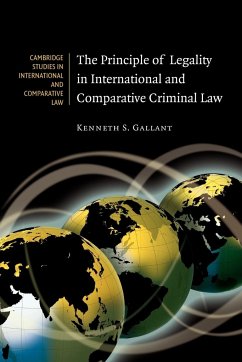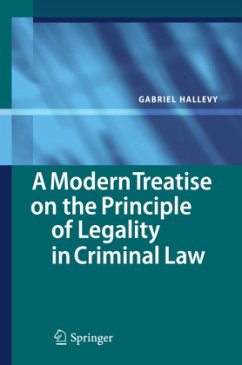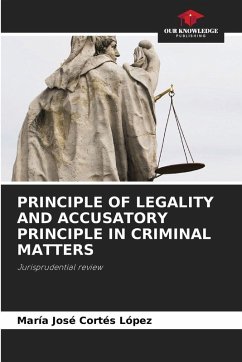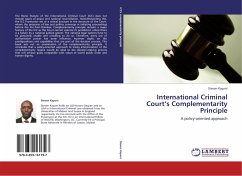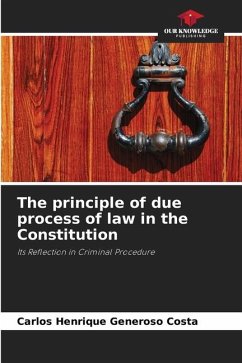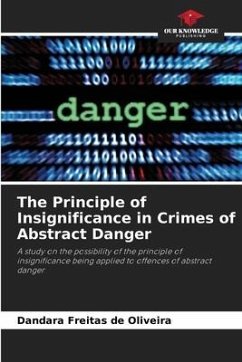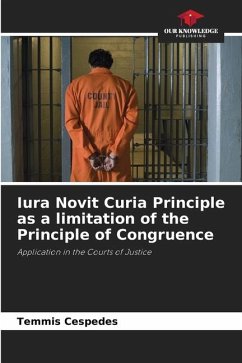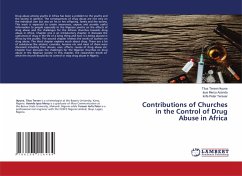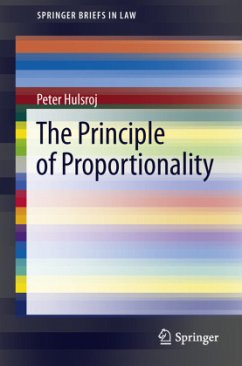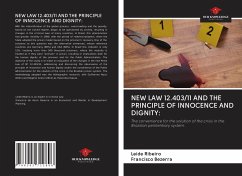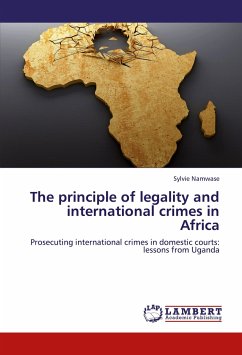
The principle of legality and international crimes in Africa
Prosecuting international crimes in domestic courts: lessons from Uganda
Versandkostenfrei!
Versandfertig in 6-10 Tagen
32,99 €
inkl. MwSt.

PAYBACK Punkte
16 °P sammeln!
The demand for accountability for international crimes in Africa has directed new attention to national courts as major agents for ending impunity, as the numerous cases to be decided cannot be handled exhaustively by the international courts. However, African states are faced with political, economic, institutional and legal challenges, making such a role seem unattainable. The principle of legality, specifically the core element of non-retroactivity, is cited often as one such major legal challenge, alongside immunities and amnesties. Given the extent of atrocities in Africa and the call for...
The demand for accountability for international crimes in Africa has directed new attention to national courts as major agents for ending impunity, as the numerous cases to be decided cannot be handled exhaustively by the international courts. However, African states are faced with political, economic, institutional and legal challenges, making such a role seem unattainable. The principle of legality, specifically the core element of non-retroactivity, is cited often as one such major legal challenge, alongside immunities and amnesties. Given the extent of atrocities in Africa and the call for accountability, it may be asked whether African courts and legislators should hesitate at the road block of the principle of legality in the pursuit of accountability. It could be argued that the despicable nature of the atrocities without a doubt elevates justice above legality and technicalities of law. Yet there are some who sternly warn against trivialising the law in the name of justice and advocate for a balanced application of both concepts. This debate is central to the principle of legality in the domestic prosecution of atrocities and Africa s national courts cannot avoid it.



